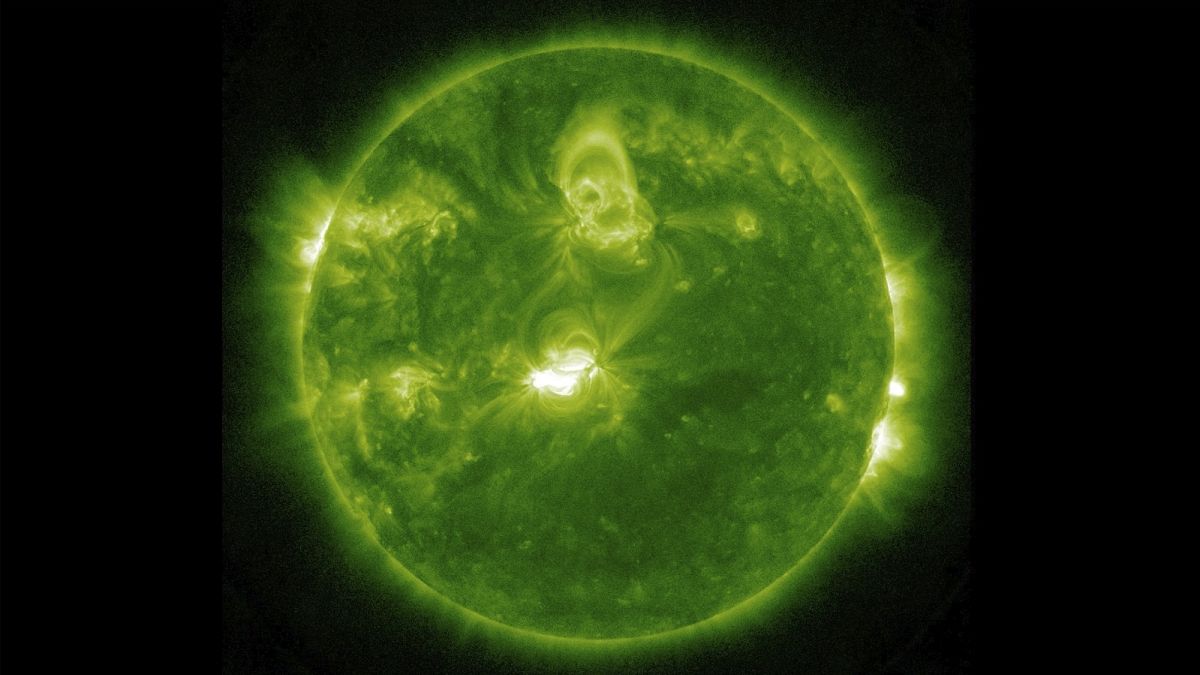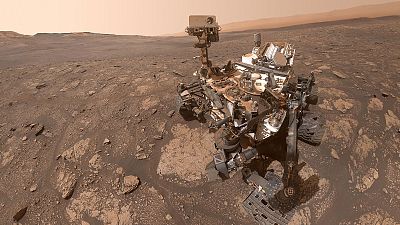Space weather forecasters are expecting solar flaring to reach Earth on Monday causing a geomagnetic storm and the appearance of the Northern Lights.
A large geomagnetic storm could interfere with radio communications on Earth from Monday, space weather forecasters have warned after spotting an outburst of plasma from a solar flare from the Sun's surface.
It will also mean for those hunting Northern Lights sightings, the solar flaring will make for great aurora viewing.
There's no reason for the public to be concerned, according to the alert issued on Saturday by the US' National Oceanic and Atmospheric Administration's (NOAA) Space Weather Prediction Center in Boulder, Colorado.
The storm could interrupt high-frequency radio transmissions, such as by aircraft trying to communicate with distant traffic control towers.
Most commercial aircraft can use satellite transmission as backup, said Jonathan Lash, a forecaster at the centre.
Solar activity at its most active
Satellite operators might have trouble tracking their spacecraft, and power grids could also see some "induced current" in their lines, though nothing they can't handle, he said.
"For the general public, if you have clear skies at night and you are at higher latitudes, this would be a great opportunity to see the skies light up," Lash said.
Every 11 years, the sun's magnetic field flips, meaning its north and south poles switch positions.
Solar activity changes during that cycle, and it's now near its most active, called the solar maximum.
During such times, geomagnetic storms of the type that arrived on Sunday can hit Earth a few times a year, Lash said. During solar minimum, a few years may pass between storms.
In December, the biggest solar flare in years disrupted radio communications.



